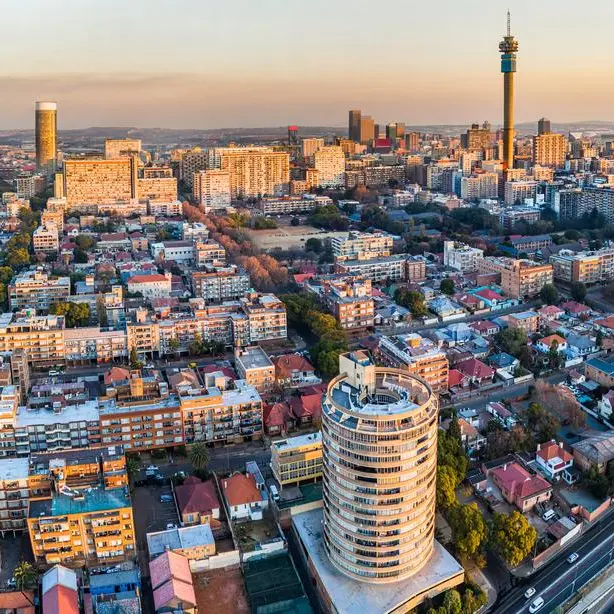PHOTO
The Egyptian non-oil economy has seen a downturn in demand and activities in May 2022 due to continuous inflationary pressures that affect client spending, according to the S&P Global Egypt PMI™ release issued on June 5th.
The headline seasonally adjusted S&P Global Egypt Purchasing Managers’ Index (PMI) increased marginally to 47.0 in May from 46.9 in April, the data showed.
This reading marks the 18th monthly drop in a row in operating conditions, indicating a “deterioration” in the non-oil business conditions, the survey added.
The output and new orders, which are the largest contributors to the PMI, came below the 50.0 threshold in May as business activity and demand fell.
New orders slipped at the fastest pace since June 2020 due to higher price pressures that caused a slowdown in sales.
"Firms often commented that a strengthening of the US dollar added to the burden of incredibly-high commodity prices from the war in Ukraine and the prevailing effects of the COVID-19 pandemic,” David Owen, Economist at S&P Global Market Intelligence, said.
Moreover, panelists highlighted that customs delays increased in May, which caused a shortage in supplies for many firms, as a result of the ban of some foreign products because of the certification issues and the requirement of letters of credit for imports.
As for the rate of input cost inflation, it rose to the highest level in six months in May, mainly driven by the impact of the Russian invasion of Ukraine on global commodity prices, along with higher import costs and US dollar value, according to the survey.
Additionally, the survey showed that staffing in May has seen a “modest fall”, with the backlog of work sliding.
Outlook for future business activity fell to its second-lowest on record in May since April 2012, while businesses are still on balance positive that output would increase over the coming 12 months, with rising concerns over inflationary pressures to limit growth.
"With conditions deteriorating, business confidence fell back to the second-lowest on record in May, signalling only mild optimism of a rise in activity over the coming year. Following this, the latest Central Bank decision to raise interest rates by 2% will make businesses more likely to rein in spending and investment until the current inflation wave has been crested," Owen noted.
Copyright © 2022 Arab Finance Brokerage Company All rights reserved. Provided by SyndiGate Media Inc. (Syndigate.info).





















